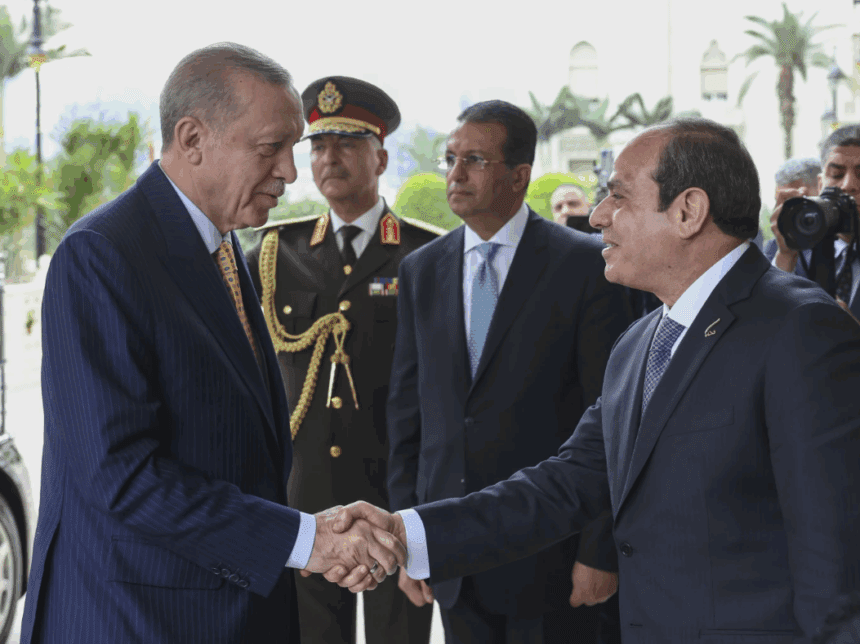Turkey and Egypt will stage joint naval exercises later this month for the first time in 13 years, a milestone in the normalization of relations after a decade of tension. Turkey’s defense authorities said the “Friendship Sea” drills are scheduled for September 22–26 in the eastern Mediterranean, with senior commanders from both navies due to observe on September 25.
According to the announcement, Turkey will deploy frigates, fast-attack craft, a submarine and F-16 fighter jets to train alongside Egyptian naval units, focusing on coordination at sea and in the air. The exercise includes a high-level observation phase intended to showcase command-and-control procedures and interoperability after years without bilateral drills.
Planning details circulating in defense channels indicate the Turkish contingent is expected to feature the frigates TCG Oruçreis and TCG Gediz, fast patrol boats TCG İmbat and TCG Bora, the submarine TCG Gür and two F-16s. As part of the maneuvers, Egyptian frigates are slated to make a port call at Turkey’s Aksaz Naval Base on the Aegean coast.
The drills mark the first such cooperation since late 2012. Ties ruptured soon afterward, when Egypt’s 2013 military takeover removed President Mohamed Morsi—whose Muslim Brotherhood movement had enjoyed Ankara’s political backing—triggering years of acrimony over the Brotherhood, Libya, and competing alignments in the eastern Mediterranean.
A gradual thaw began with mid-level contacts and accelerated after a leaders’ handshake in late 2022, culminating in the restoration of ambassadors in 2023 and reciprocal high-level visits. The momentum continued this week: on September 15, 2025, the Egyptian and Turkish presidents met on the sidelines of an emergency Arab-Islamic summit in Doha, underscoring converging agendas on regional crises.
The Gaza war has further pushed the two governments into tactical alignment. Both have criticized Israel’s conduct and worked—openly and behind the scenes—around cease-fire and humanitarian arrangements, even when their approaches differ. The Doha summit spotlighted these efforts and provided additional political cover for closer coordination.
Operationally, reviving the “Friendship Sea” format (known as Bahr El-Sadaka/Dostluk Denizi) allows two of the Mediterranean’s largest militaries to rebuild communication protocols and practice at-sea deconfliction in crowded waters where misunderstandings can rapidly escalate. If the exercises proceed smoothly and become routine, they could pave the way for more structured staff talks, search-and-rescue coordination and limited maritime security initiatives—even as differences on Libya and maritime boundaries persist.



